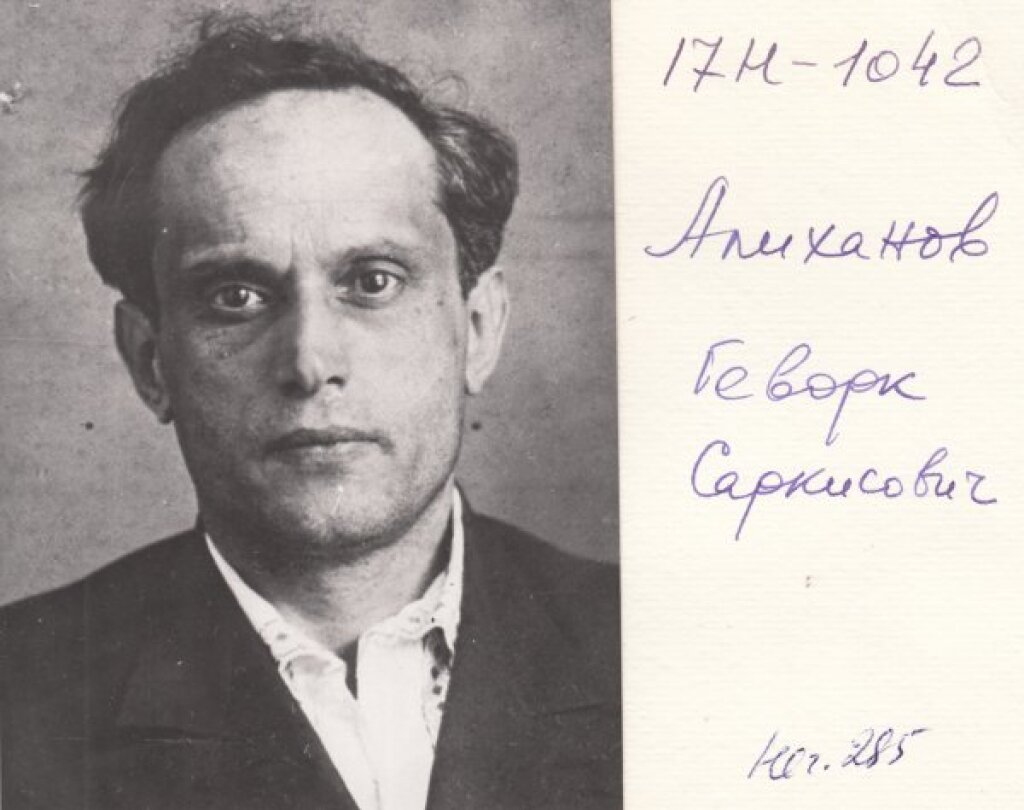The Jordan Center's Colloquium Series serves to introduce the most recent work of scholars within the Slavic field. Participants come from universities across the country and abroad, and work in disciplines ranging from history, political science and anthropology to literature and film. The colloquium discussion is based on a working paper which will be circulated prior to the event. In this session of the Fall 2016 Colloquium Series, Samuel Casper, University of Pennsylvania and Jordan Center Writer in Residence, will give a talk on "Help Me to Learn the Truth – Where is Betal and is He Alive?”: Patronage Ties and the Genesis of Posthumous Rehabilitation in the USSR.
Lavrentii Beriia’s deposal in July 1953 prompted a deluge of appeals to Soviet authorities from the relatives of his rivals who had been executed after falling into the hands of state security during the 1930s and early 1940s. Unsure of arrestees’ ultimate fate due to decades of misinformation, petitioners sought information about the former’s whereabouts and to restore their good names in light of Beriia’s highly publicized downfall. Instead of directing their inquiries to the responsible Party or state organs, many letter writers opted to circumvent layers of Soviet bureaucracy by addressing themselves to their relatives’ former patrons within the Kremlin. Banking on the continued viability of relationships that dated back to the pre-Revolutionary period but had lain dormant since the Terror, the spouses and children of disappeared Old Bolsheviks turned to veteran Party leaders – particularly Anastas Mikoian – to help them overcome the enduring stigma of state-sponsored repression. The intervention of these figures helped initiate, and in many instances expedite, the case review process by which supposed enemies of the people were officially exonerated; it was similarly vital to subsequent requests from survivors for property restitution and material aid. Based primarily on archival documents that until recently were inaccessible to researchers, this paper posits that patronage – long recognized as a key component of both the Imperial and Soviet regimes’ ruling structures – was central to early rehabilitations, as relatives of executed elites mobilized their connections to those still in power to ensure that the wrongfully persecuted were fully vindicated.
Samuel Casper is a Ph.D. candidate in the Department of History at the University of Pennsylvania and a writer-in-residence at the Jordan Center. His dissertation, "The Bolshevik Afterlife: Rehabilitation in the Post-Stalin Soviet Union, 1953-1970," explores the Soviet government's efforts to posthumously exonerate leading Party, military, and cultural figures executed between 1937 and 1941. Drawing upon sources generated by the Central Committee, state bodies, and individual citizens, this project foregrounds the official intentions that underpinned the decision to implement rehabilitation policy alongside attempts by families of the repressed to obtain recognition of and restitution for losses and torment endured during the era of High Stalinism. He holds a B.A. with honors in History from the University of Chicago and has received support from the American Councils for International Education’s Title VIII Research Scholar Program.



